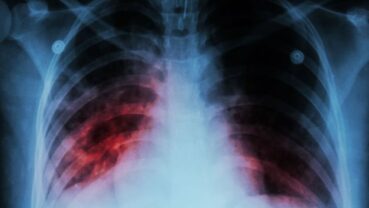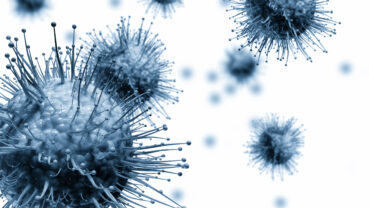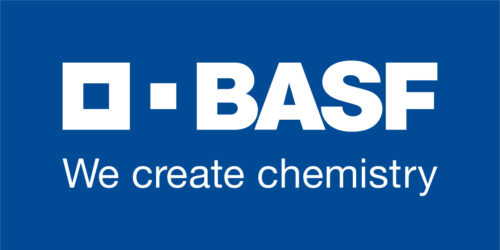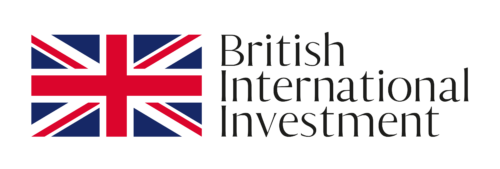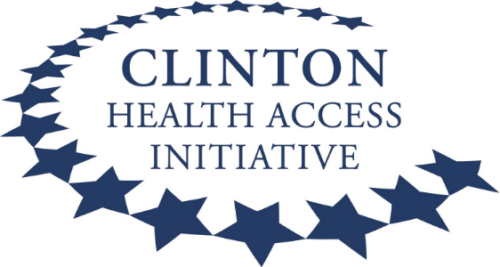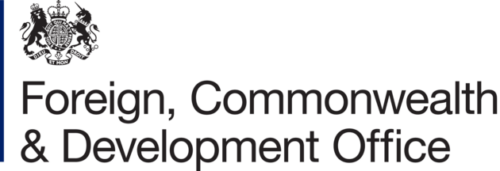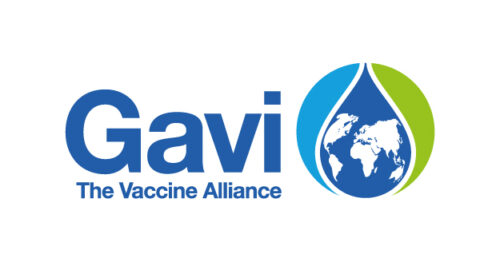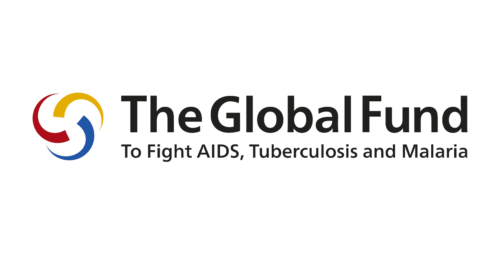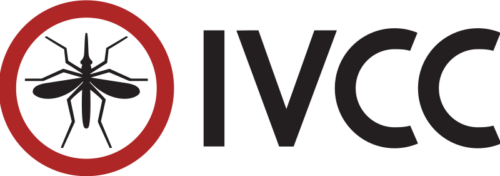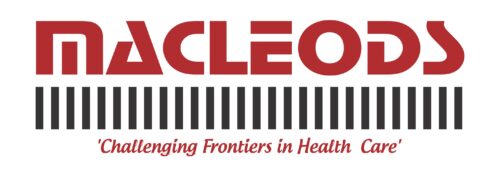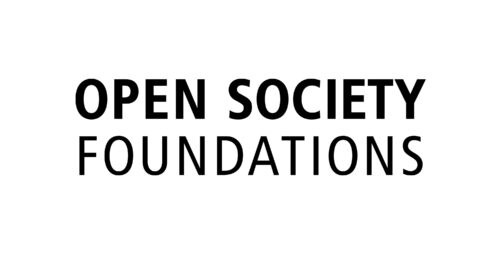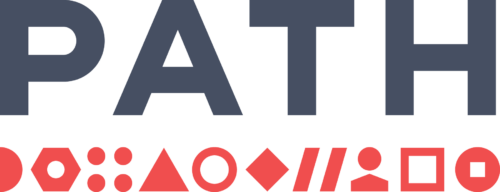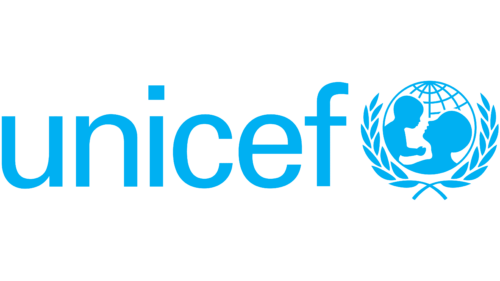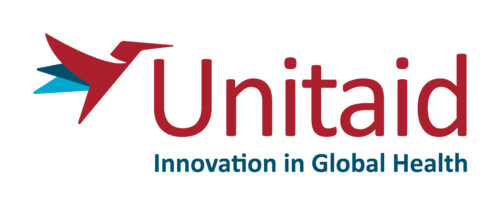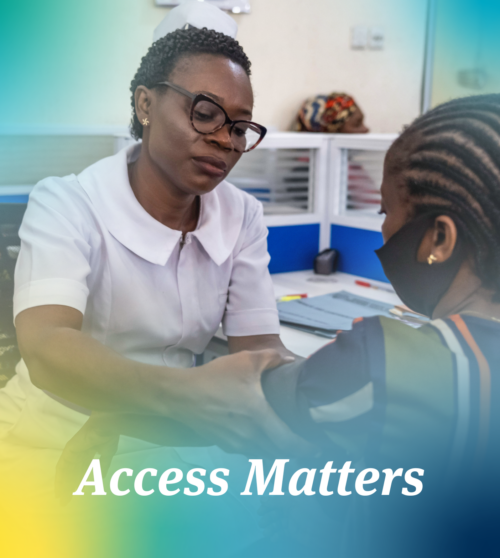About our agreements
Our agreements help people living in low- and middle-income countries access vaccines, medicines, diagnostics and other technologies more quickly.
Health areas we work in
Our portfolio of agreements is increasing access to medical innovations to tackle infectious diseases such as HIV, malaria, tuberculosis, COVID-19 and syphilis.
Whilst the burden of infectious diseases remains high, mortality and morbidity from non-communicable diseases (NCDs) are rapidly rising.
We are increasing our focus on NCDs. The use of market shaping interventions to address access challenges has been limited to date, but we believe they can address market failures that limit access to essential products.
Where markets are highly nascent, fluid, or fragmented – such as with oxygen therapies or cervical cancer – we are adopting a longer-term approach. We are working with global health partners with expertise in NCDs to explore opportunities to use our financial products to support access to vital health products.
Health products we support
Our agreements help to increase access to a wide range of medical innovations. To date, we have supported access to vaccines, therapeutics, and diagnostics, as well as essential supplies, such as syringes and clinical equipment, to tackle COVID-19.
We support products that are ready for market. They must have successfully completed clinical trials and been approved by a stringent regulatory authority or prequalified by the World Health Organization (WHO).
We are not involved in research and development of new products. We recognise that other partners are better placed to support the development of new innovations. MedAccess’ focuses on helping ensure these new innovations reach the people who need them as quickly as possible.
Where we work
To date, we have reached 530 million people in over 95 countries.
Our agreements focus on increasing access to medical innovations for people in low- and middle-income countries that are:
- Eligible for official development assistance as defined by the Organisation for Economic Co-operation and Development (OECD)
- At least 50% of patients receiving products as the result of an agreement must be based in British International Investment (BII) priority territories (sub-Saharan Africa and South Asia).



